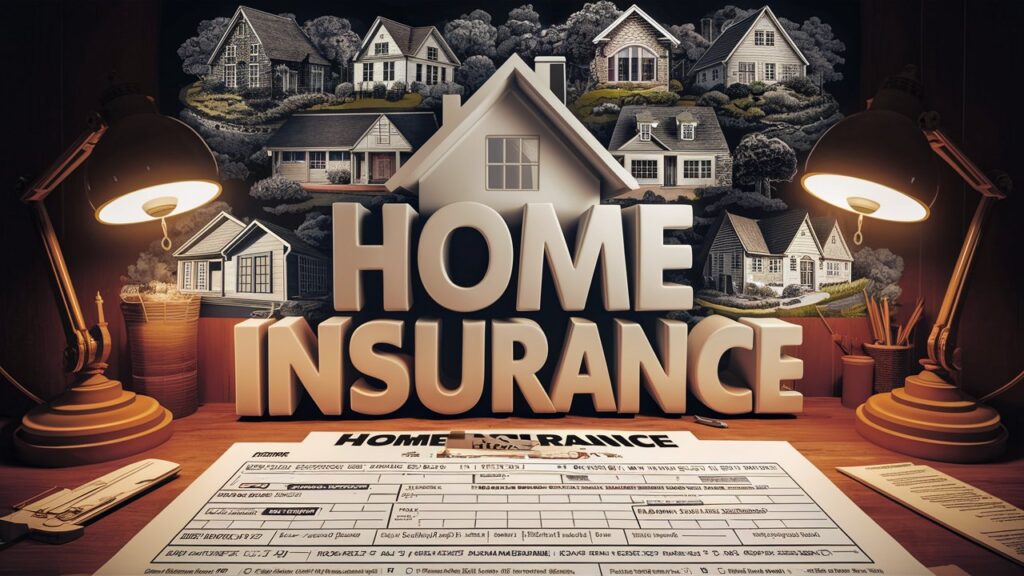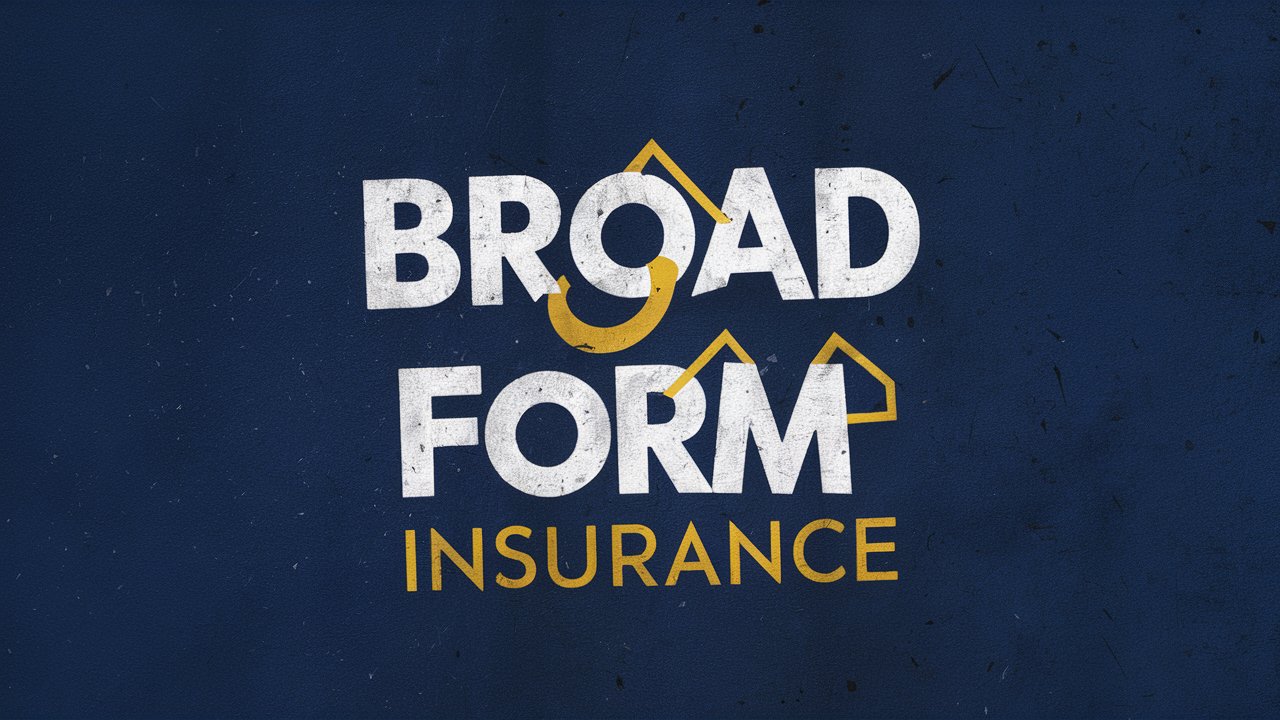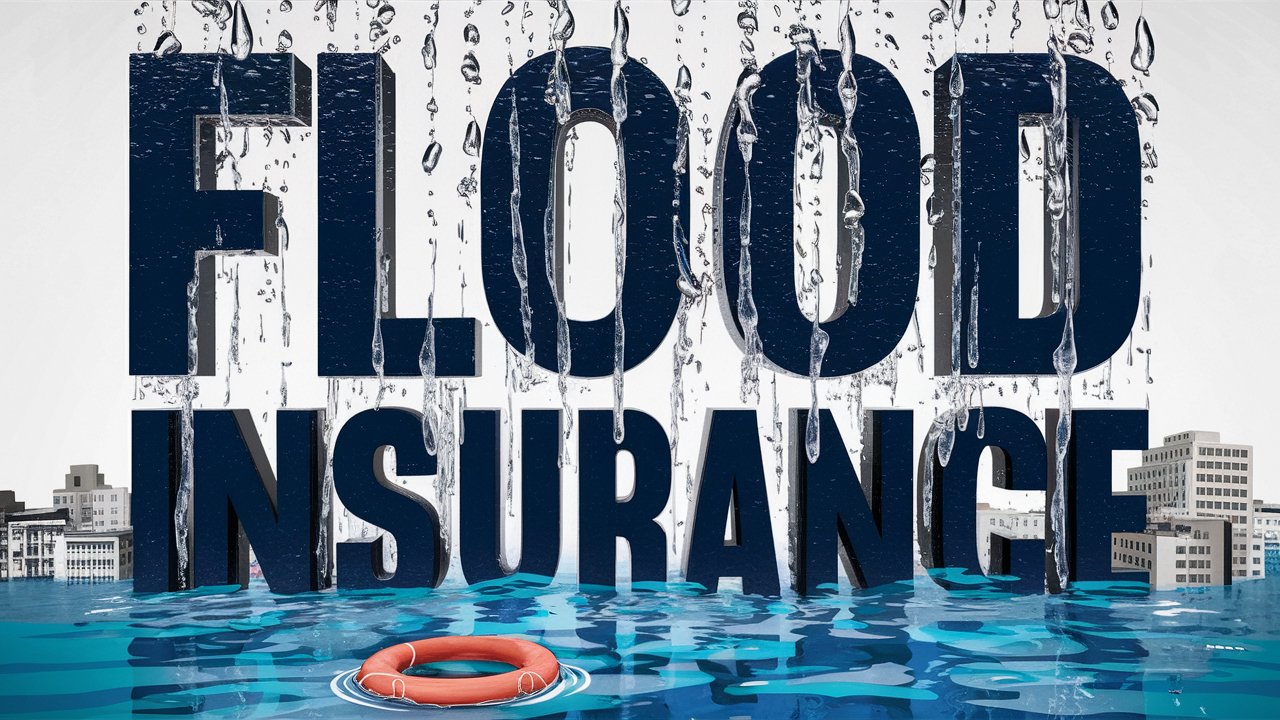Looking to safeguard your vehicle against more than just collisions? Comprehensive home insurance has you covered. From theft to natural disasters, explore how this policy protects your investment and provides peace of mind on the road.
Introduction
Comprehensive home insurance, often referred to as “comprehensive coverage” or simply “comp,” is a type of auto insurance that provides financial protection against a wide range of hazards beyond typical collision scenarios. Unlike collision insurance, which covers damages resulting from accidents with other vehicles or objects, comprehensive insurance covers damage from non-collision events. These can include theft, vandalism, natural disasters, and other unpredictable incidents that can damage or destroy your vehicle.
What Does Comprehensive Insurance Cover?
Comprehensive insurance is designed to protect your vehicle from damage or loss due to events that are not related to collisions with other vehicles or objects. Here are some common scenarios covered by comprehensive insurance,
- Theft
If your vehicle is stolen and not recovered, comprehensive insurance typically covers the cost of replacing the vehicle up to its actual cash value (ACV).
- Vandalism
Acts of vandalism, such as keying, graffiti, or broken windows, are covered under comprehensive insurance.
- Natural Disasters
Damage caused by natural disasters like earthquakes, hurricanes, tornadoes, floods, and wildfires is covered. However, coverage for certain disasters may vary based on your location and policy specifics.
- Falling Objects
If an object falls onto your vehicle, such as a tree limb or debris from a construction site, comprehensive insurance will cover the damage.
- Fire
Damage caused by fire, whether accidental or deliberate, is covered under comprehensive insurance.
- Animal Collisions
If you hit an animal while driving and it damages your vehicle, comprehensive insurance will typically cover the repairs.
- Civil Disturbances
Damage caused by civil unrest, riots, or other disturbances may be covered under comprehensive insurance.
It’s important to note that coverage specifics can vary between insurance providers and policies, so it’s crucial to review your policy documents to understand exactly what is covered under your comprehensive insurance.
Who Needs Comprehensive home Insurance?
Comprehensive insurance is typically optional but may be required if you finance or lease your vehicle. Whether you need comprehensive coverage depends on several factors,
- Vehicle Value
If your vehicle is valuable or new, comprehensive insurance can provide peace of mind against major financial losses due to theft or damage.
- Geographical Location
If you live in an area prone to natural disasters or high rates of vehicle theft or vandalism, comprehensive coverage can be particularly valuable.

- Financial Situation
Consider whether you could afford to repair or replace your vehicle out-of-pocket in the event of a covered incident. Comprehensive insurance helps mitigate these financial risks.
- Lender Requirements
If you have a car loan or lease, your lender may require you to carry comprehensive coverage until the vehicle is paid off.
How Does Comprehensive home Insurance Differ from Collision Insurance?
Comprehensive insurance and collision insurance are both optional coverages that protect your vehicle, but they differ in what types of damage they cover,
- Comprehensive Insurance
Covers damage to your vehicle caused by non-collision events such as theft, vandalism, natural disasters, and animal collisions.
- Collision Insurance
Covers damage to your vehicle resulting from collisions with other vehicles or objects, regardless of fault.
Together, comprehensive and collision insurance provide more comprehensive protection for your vehicle than liability insurance alone, which only covers damage you cause to others.
Key Considerations When Purchasing Comprehensive Insurance
When shopping for comprehensive insurance, consider the following factors to ensure you get the coverage that meets your needs,
- Deductible
The deductible is the amount you pay out-of-pocket before your insurance coverage kicks in. A higher deductible typically lowers your premium but means you’ll pay more in the event of a claim.

- Actual Cash Value vs. Replacement Cost
Some policies reimburse you for the actual cash value (ACV) of your vehicle at the time of the loss, while others cover the replacement cost. Replacement cost coverage generally results in a higher premium but may be worth it for newer vehicles.
- Policy Limits and Exclusions
Review the limits of your coverage and any exclusions carefully. Common exclusions may include wear and tear, mechanical breakdown, and certain types of damage in specific circumstances.
- Insurance Provider Reputation
Choose a reputable insurance provider with a strong financial standing and a history of reliable customer service. Check reviews and ratings from independent sources to gauge customer satisfaction.
Conclusion
Comprehensive insurance provides valuable protection against a wide range of risks that can damage or destroy your vehicle, offering peace of mind and financial security. Whether you live in an area prone to natural disasters or want coverage against theft and vandalism, it can be a wise investment. Understanding what comprehensive insurance covers, who needs it, and how it differs from other types of auto insurance is essential when making informed decisions about your coverage. By considering your vehicle’s value, your financial situation, and policy specifics, you can choose it that suits your needs and budget, providing the protection you need when unexpected events occur on the road.
For more details please visit our home page: Click Here

